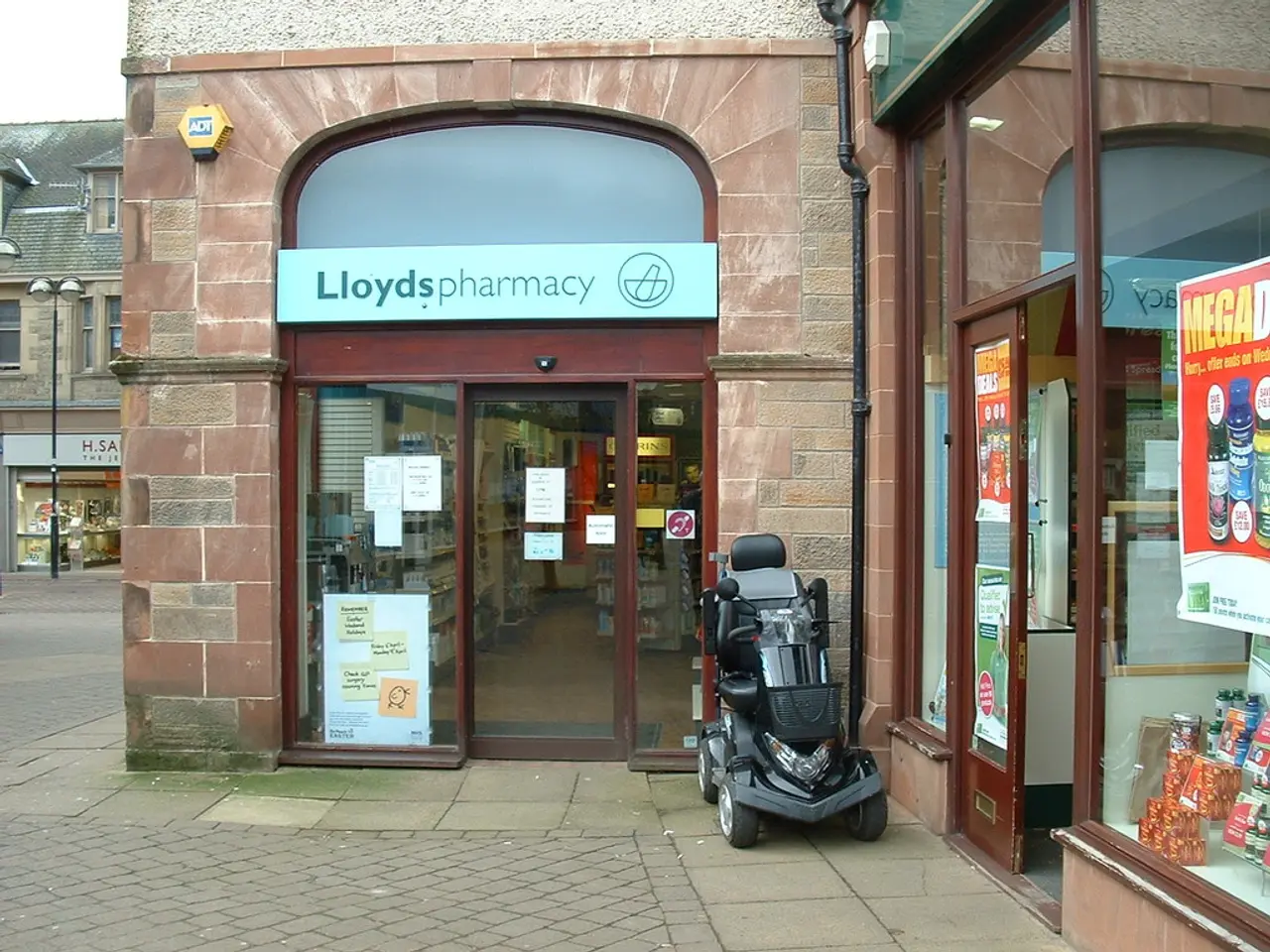Omsk Region's Medicine Shortage: Ministry of Health Discusses Delivery Challenges
In the Omsk Region, residents are grappling with a shortage of subsidized medications, particularly insulin, due to supply chain difficulties and regulatory challenges. The shortage has been attributed to a variety of factors, including distribution violations, supply interruptions, and logistical issues in regional healthcare provision.
Recent reports indicate that Omsk residents experienced a shortage of subsidized medications, specifically insulin, at Pharmacy No. 177 in January 2025. To address this issue, the Omsk Region Prosecutor's Office initiated a check into the absence of subsidized medications in regional pharmacies as early as February of this year.
The Ministry of Health for the Omsk Region has not disclosed any information about reimbursing residents for subsidized medications purchased since the start of the year. However, the Minister of Health, Dmitry Markelov, has urged citizens to reach out to him or the ministry via personal messages if they encounter difficulties obtaining subsidized medications. Markelov also clarified that medications are typically dispensed for a month, but the duration can be extended if necessary.
Contracts for purchasing medications in the Omsk Region are regularly signed, but the purchasing process takes time. It's worth noting that insulin was supplied to Pharmacy No. 177 on February 5, 2025, according to the Ministry of Health.
Regional health authorities are taking steps to alleviate the shortage by increasing monitoring of supply chains, improving distribution logistics, ensuring proper transportation conditions for temperature-sensitive drugs like insulin, and liaising with manufacturers and suppliers to restore stock levels. They may also adjust subsidy programs to prioritize vulnerable populations requiring insulin.
The Omsk Region is currently undergoing a check based on citizen complaints and media reports, including cases where patients were unable to obtain vital medications such as insulin. The main reason for failed tenders in the Omsk Region is the lack of necessary medications and supplies from suppliers.
While there is no information about an advertisement being placed on "Om1 Omsk" regarding the shortage of subsidized medications or reimbursement for purchases, the authorities are encouraging open communication with citizens to address concerns and ensure the consistent supply of essential medicines.
What factors may be contributing to the shortage of subsidized medications like insulin in Omsk's health-and-wellness sector? Could increased investment in medical-condition research, particularly nutrition, help address this issue and improve the overall health-and-wellness of Omsk residents?




